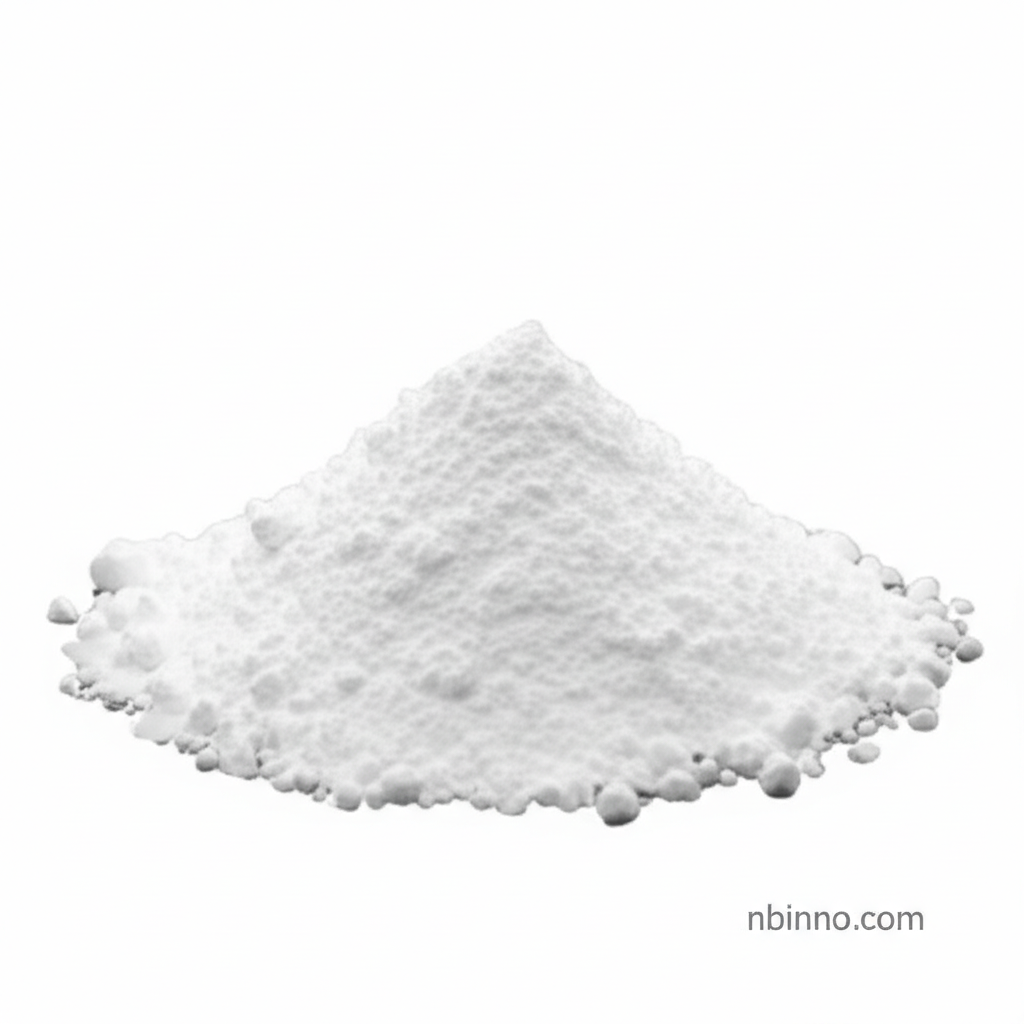Caffeic Acid Phenethyl Ester (CAPE): A Natural Powerhouse for Health
Discover the potent anti-inflammatory and neuroprotective benefits of this remarkable propolis-derived compound.
Get a Quote & SampleUnlocking the Core Value of CAPE

Caffeic Acid Phenethyl Ester
Caffeic acid phenethyl ester (CAPE) stands out as a naturally occurring phenolic compound, primarily recognized as the active constituent in propolis. Its multifaceted pharmacological activities, including robust anti-inflammatory, antioxidant, and wound-healing properties, make it a compound of significant scientific interest. Research indicates that CAPE is a potent inhibitor of key inflammatory pathways and plays a crucial role in cellular protection and repair mechanisms.
- Harness the anti-inflammatory properties of caffeic acid phenethyl ester for improved health outcomes.
- Explore the neuroprotective effects of CAPE in managing neurological disorders.
- Understand the unique mechanism of action involving the SIRT1/PGC1α/DRP1 pathway in spinal cord injury recovery.
- Leverage natural anti-inflammatory compounds like CAPE for enhanced therapeutic strategies.
Key Advantages of CAPE
Potent Anti-inflammatory Action
CAPE is recognized for its significant ability to inhibit inflammatory processes, including the modulation of NF-κB activation, a central regulator in many inflammatory diseases, contributing to its therapeutic potential.
Neuroprotective Capabilities
Studies reveal that CAPE can protect nerve cells from damage and degeneration, making it a promising agent for conditions affecting the nervous system, such as spinal cord injury.
Mitochondrial Function Support
By regulating the SIRT1/PGC1α/DRP1 axis, CAPE helps maintain healthy mitochondrial function, reducing oxidative stress and improving cellular resilience.
Key Applications of CAPE
Pharmaceutical Industry
CAPE's wide range of biological activities positions it as a valuable ingredient for developing new pharmaceutical drugs targeting inflammatory and degenerative diseases.
Healthcare Products
Its antioxidant and anti-inflammatory properties make CAPE an attractive component for dietary supplements and health-promoting products aimed at overall well-being.
Neuroscience Research
The compound's efficacy in neuroprotection and its specific mechanisms of action make it a critical subject for ongoing neuroscience research, particularly in areas like spinal cord injury.
Inflammatory Disease Treatment
CAPE offers a natural alternative for managing chronic inflammation, potentially serving as a therapeutic agent for conditions where inflammation is a key factor.
